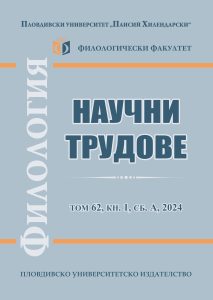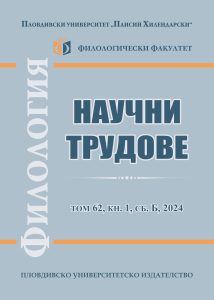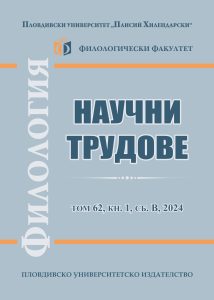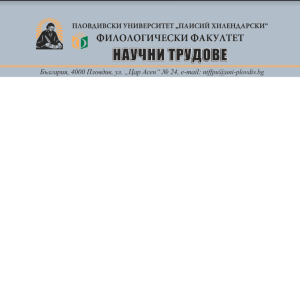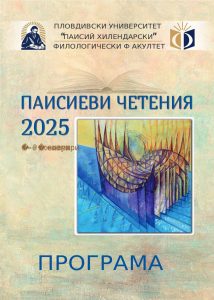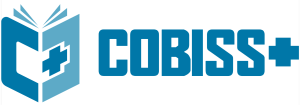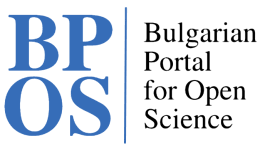Responsibilities Regarding the Editorial Board
The Editor-in-Chief is responsible for suggesting and building a strong Editorial Board that will best contribute to meeting the aims of the edition and fulfilling its mission. The Editorial Board consists of recognized experts in the wide range of fields and languages of the edition from Bulgaria and abroad. A list of full names and affiliations of the members is available on the edition webpage.
Objectivity
By following editorial policies and fundamental principles, the Editor-in-Chief encourages objectivity, transparency, and comprehensive, honest evaluation of the materials. It will also be ensured that peer reviewers and authors have a clear understanding of what is expected of them.
Peer review
The Editor-in-Chief shall ensure that the peer review process runs smoothly and is fair, unbiased, and timely. Research articles are typically reviewed by at least two independent experts, and where necessary, additional opinions will be sought.
The Editor-in-Chief selects reviewers who have suitable expertise in the relevant field. In making the choice, the Editor-in-Chief relies on recommendations of members of the Editorial Council who are experts in the respective academic field of the manuscript. The reviewers are chosen out of the most competent specialists on the topic. At the same time, the Editor-in-Chief should make sure that relevant confidentiality rules are observed. The Editor-in-Chief shall review all disclosures of potential conflicts of interest in order to determine whether there is any potential for bias.
Publication decisions
The Editor-in-Chief is responsible for acceptance or rejection of a manuscript and makes the decisions adhering to the policies of the edition. The final decision is made based on the reviews. The manuscript may be rejected at the stage prior to peer-review for a good reason (e.g. unsuitable topic for the edition, non-compliance with academic writing genre and style, poor research quality, the article being previously published elsewhere, essential contradiction to ethical principles of the edition).
Inasmuch as the Editor-in-Chief cannot be an expert in all of the fields covered in this edition, the decisions will heavily depend of reviewers’ expertise and conclusions about the manuscript. The Editor-in-Chief may confer with the Editorial Council or a relevant member of the Editorial Board in making these decisions.
Vigilance over the published materials
The Editor-in-Chief shall work to safeguard the integrity of the published materials by reviewing and assessing reported or suspected misconduct (research, publication, reviewer, and editorial).
Such measures will generally include contacting the author of the manuscript or published paper and giving due consideration to the respective complaint or claims made, but may also include further communications to the relevant institutions and research bodies. The Editor-in-Chief initiates investigation of the alleged misconduct and carries it out with the help of the relevant reviewers and the Editorial Council. Investigation also includes appropriate use of the publisher’s systems for the detection of misconduct, such as plagiarism. The Editor-in-Chief makes the final decision based on solid argumentation. The Editor-in-Chief presented with convincing evidence of misconduct should coordinate with the publisher to arrange the prompt publication of an erratum notice, retraction, expression of concern, apologies, or other correction to the record, as may be relevant.


